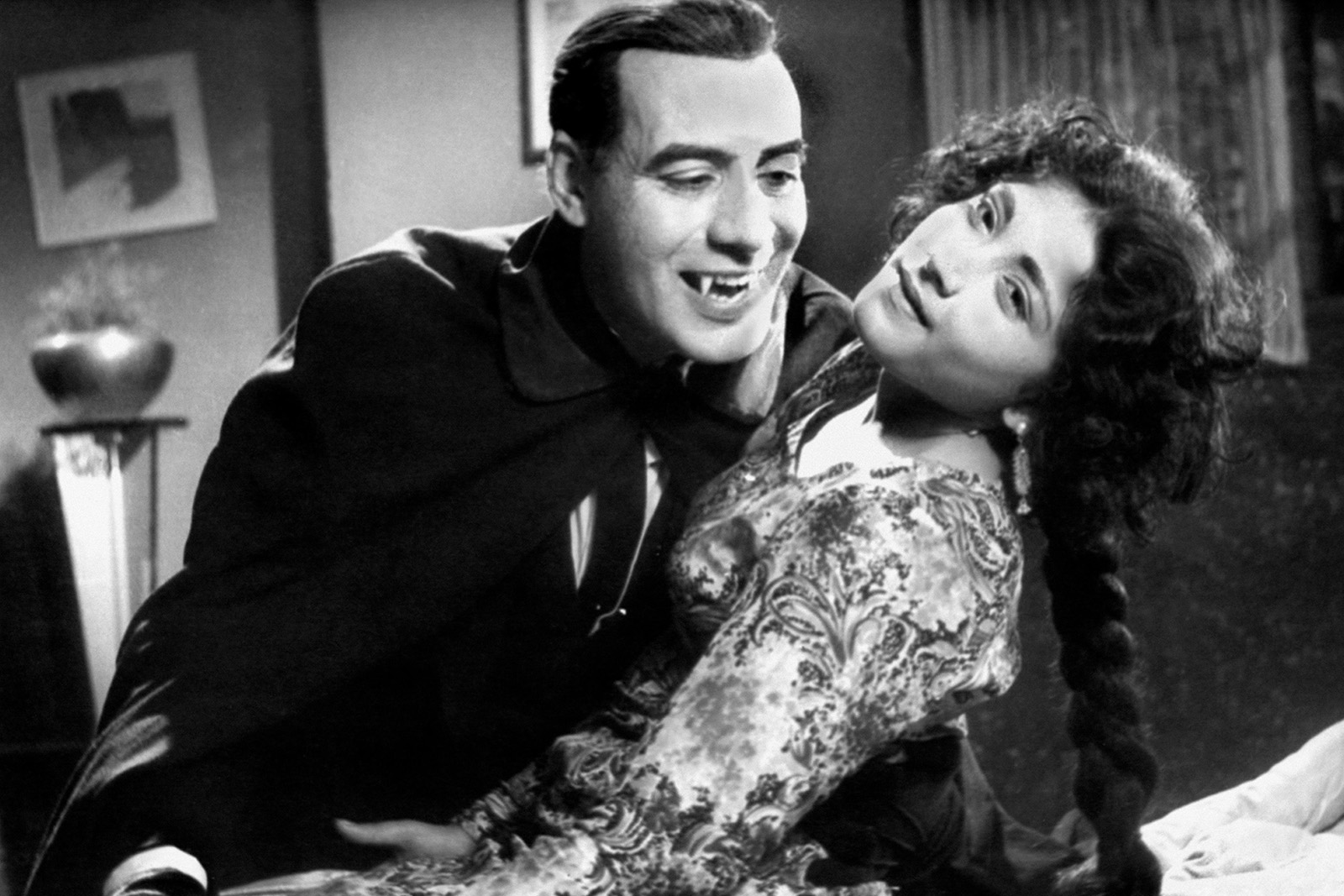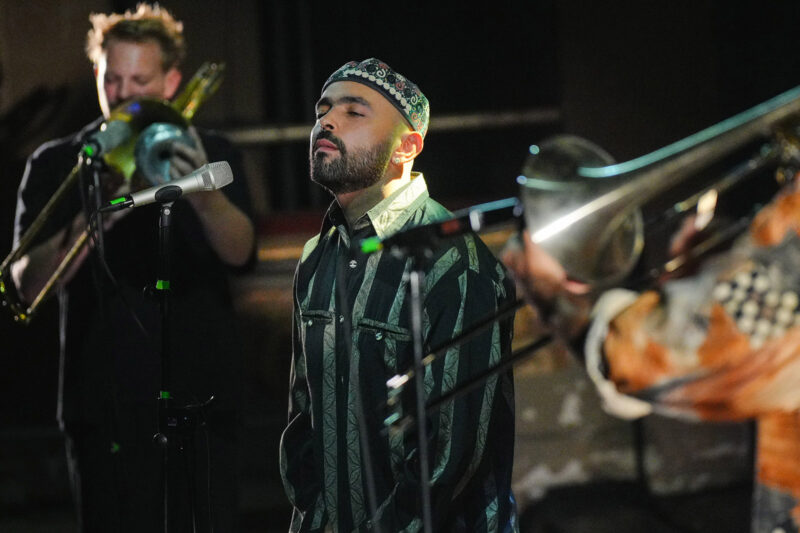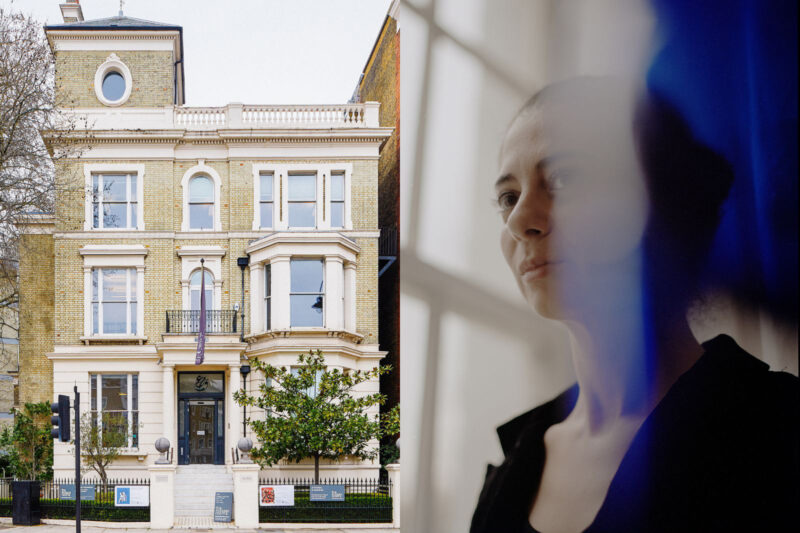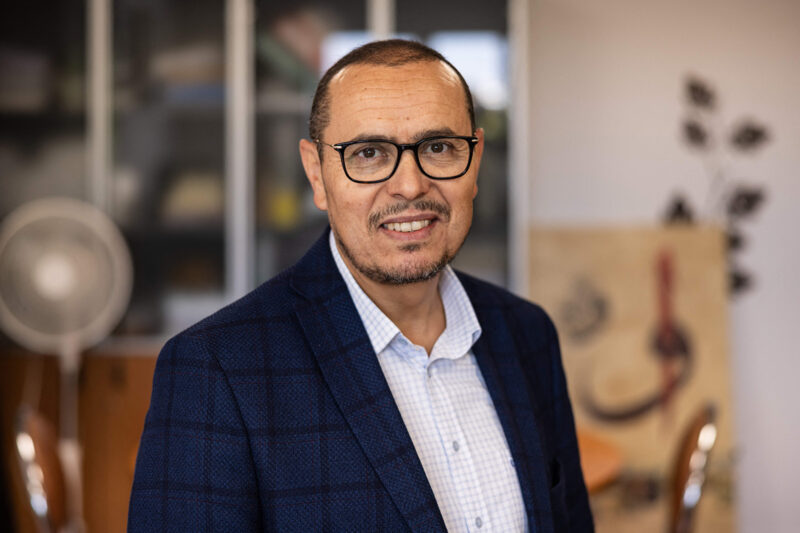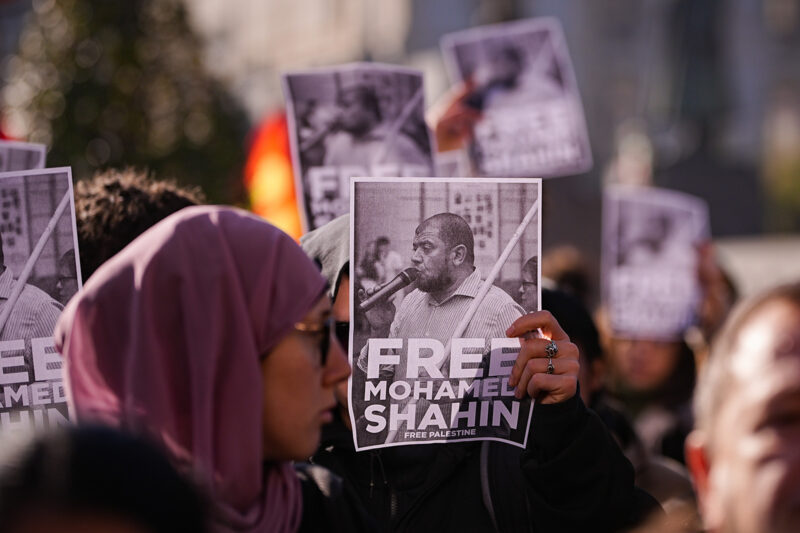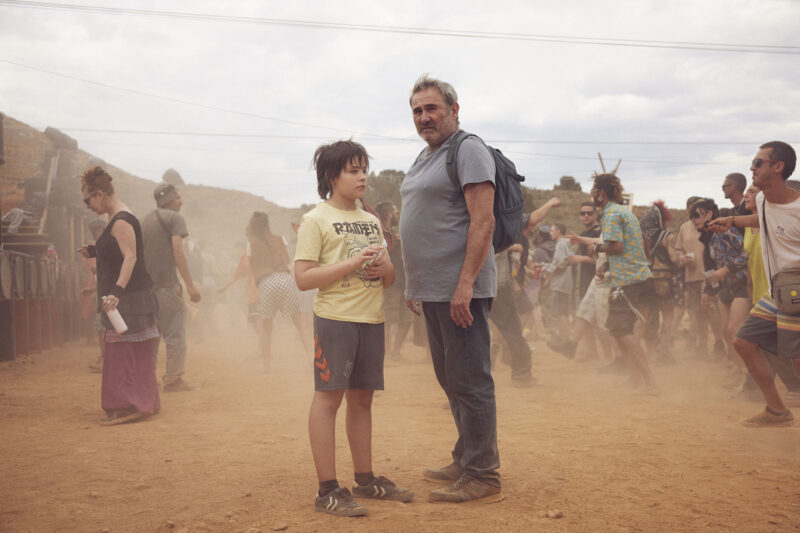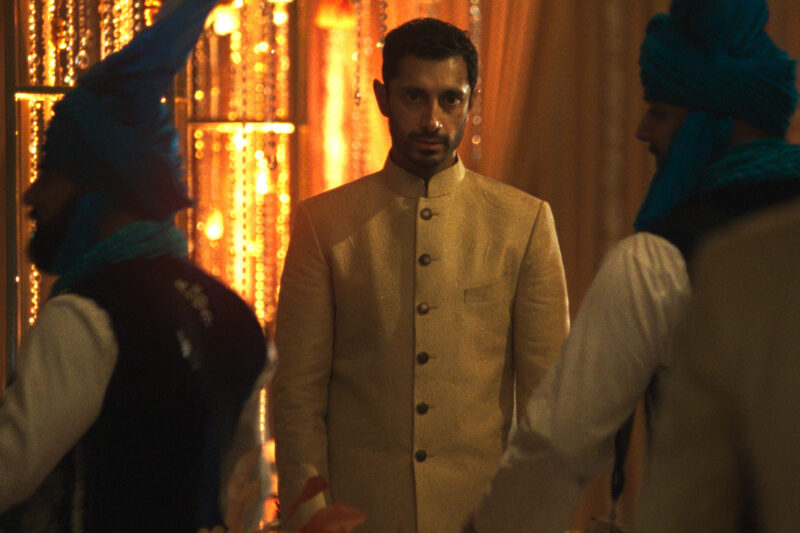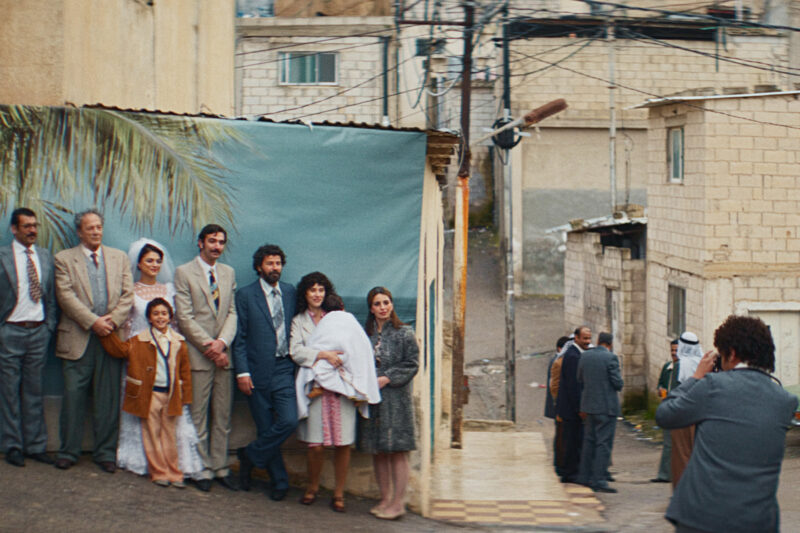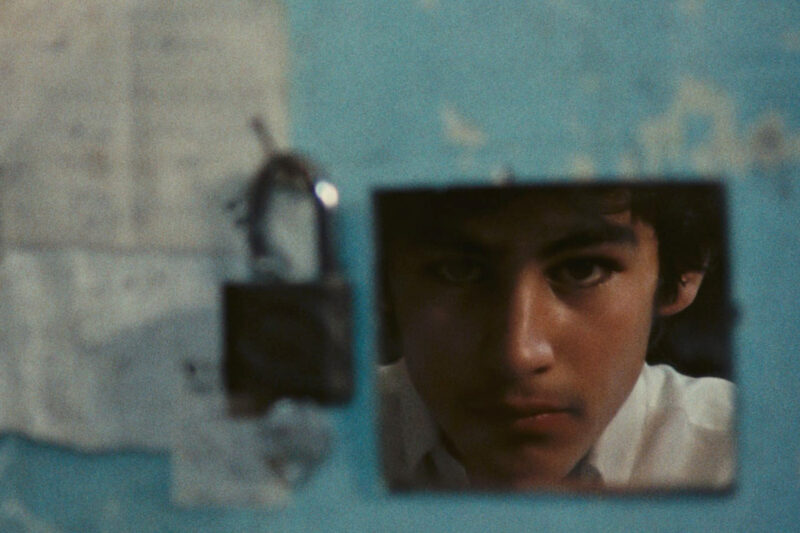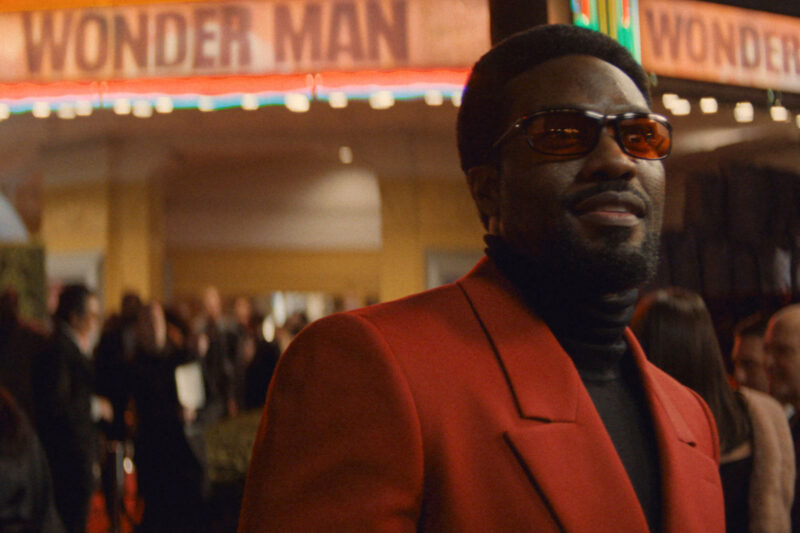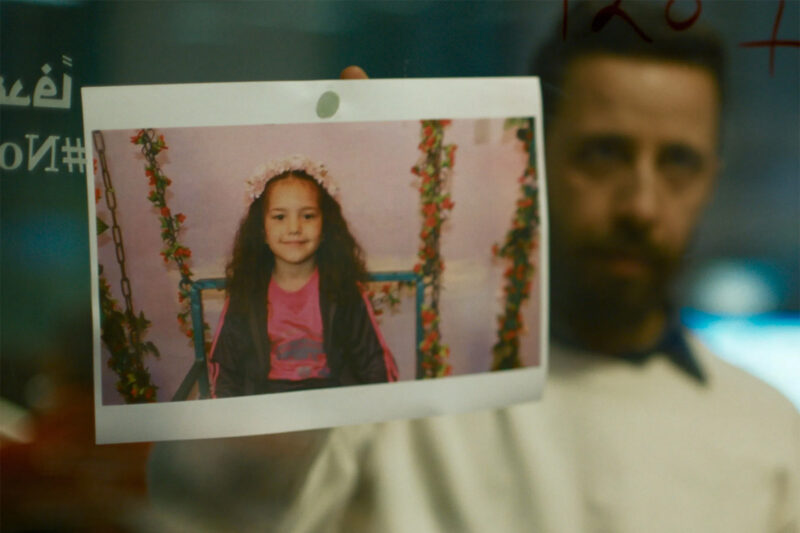Alpha: emotionally complex body horror about the loss of innocence
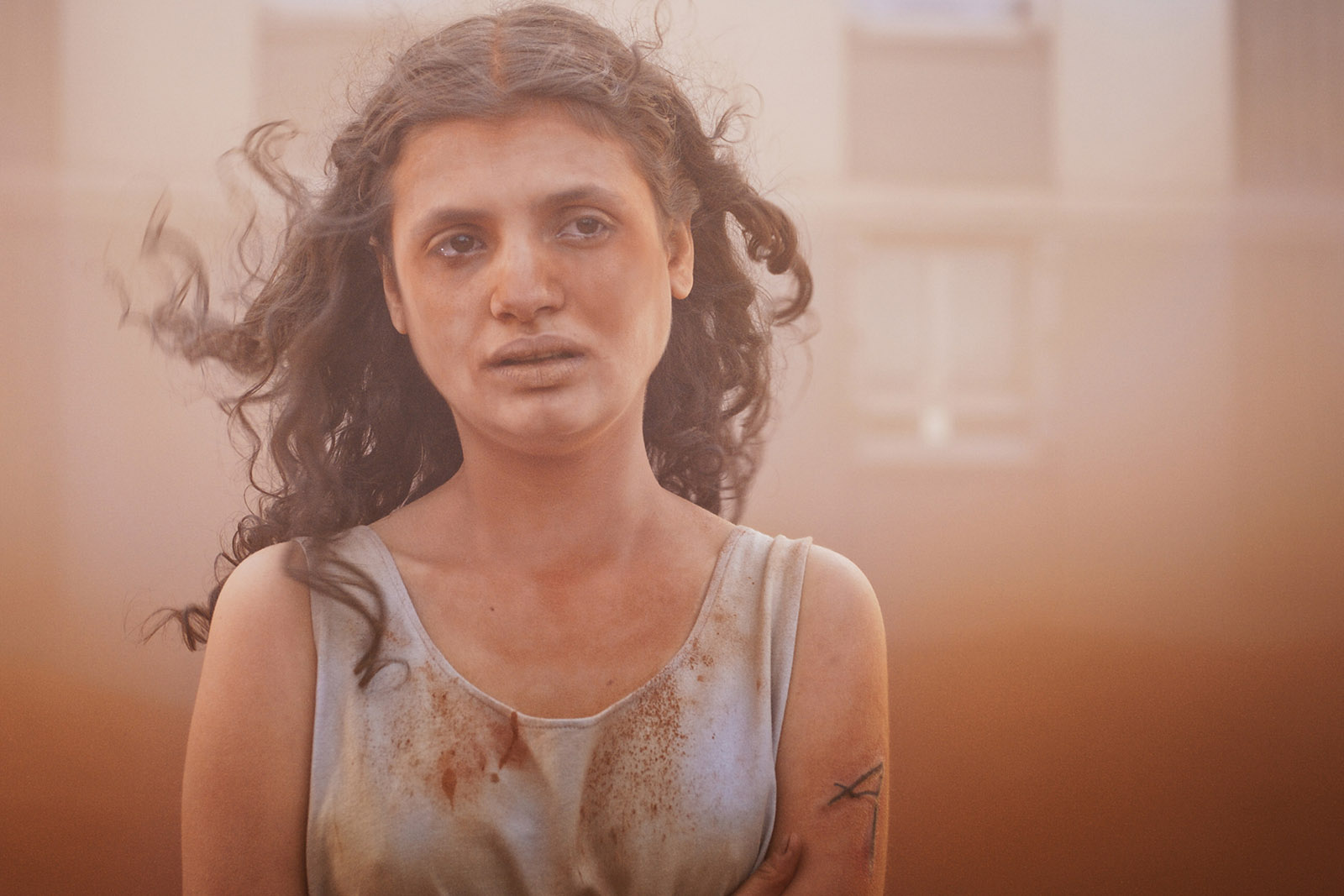
Julia Ducournau’s third feature is a mournful story about the futility of holding a damaged family together in the face of an illness that no one fully understands
Julia Ducournau is a director fascinated by the body — whether through cannibalism in Raw or a model/serial killer being impregnated by a car in Titane. She depicts physical horrors that reveal the inner truths we try so hard to conceal. Her latest offering, Alpha, is no exception.
Here she turns from aggressive brutality toward something more mournful. The body is a place where fear, memory and love accumulate. It is something that carries evidence of what has been endured. The result is a film about the futility of holding a damaged family together in the face of an illness that no one fully understands.
At its centre is 13-year-old Alpha, played with remarkable instinct by newcomer Mélissa Boros (who was 19 at the time of filming). She is restless and slightly wild, shaped by the impulsivity of an age when every emotion is dialled up to 11. She lives with her mother (Golshifteh Farahani), a doctor who is burdened and bruised by the responsibility of caring for others. Their household is quiet but tense, full of unspoken tension and missed opportunities to connect.
When Alpha gets a crude tattoo at a party, her mother’s fear is immediate. Strangely enough, this mirrored my own life when my mother learned of an ill thought-out tattoo I’d somehow persuaded a piercing shop in Brighton to adorn me with aged 14. My mother was horrified for a number of understandable reasons, but her first utterance was listing all the blood-borne diseases I must have accrued.
In Alpha, the disease that needle may be carrying wasn’t on my mother’s list. A virus is circulating, one that spreads through blood and contact, and that slowly hardens the body into stone. But the horror played out in the film is not about deformation. It is the loss of innocence, the knowledge that your child now exists beyond your control, and that those infected by this unnamed disease lose their place in the world long before their body stops living. They become objects to look away from.
This is both a pandemic story and a story about the stigma surrounding a north African family in France — a new avenue for Ducournau’s work that speaks to her own Berber heritage. This identity is not framed as a backdrop, but defines them on a molecular level. It’s seen in their food, decor and the unspoken obligations that traverse borders and generations. Alpha speaks only French but understands the tone of Berber spoken around her. Her mother dismisses her grandmother’s belief in cleansing rites, yet reaches for those same practices when she runs out of more practical options.
Ducournau’s choice to centre a Muslim family without turning the film into a cultural drama is one of Alpha’s quiet strengths. Identity is part of how love is expressed, how grief is managed and how the past cannot be fully escaped.
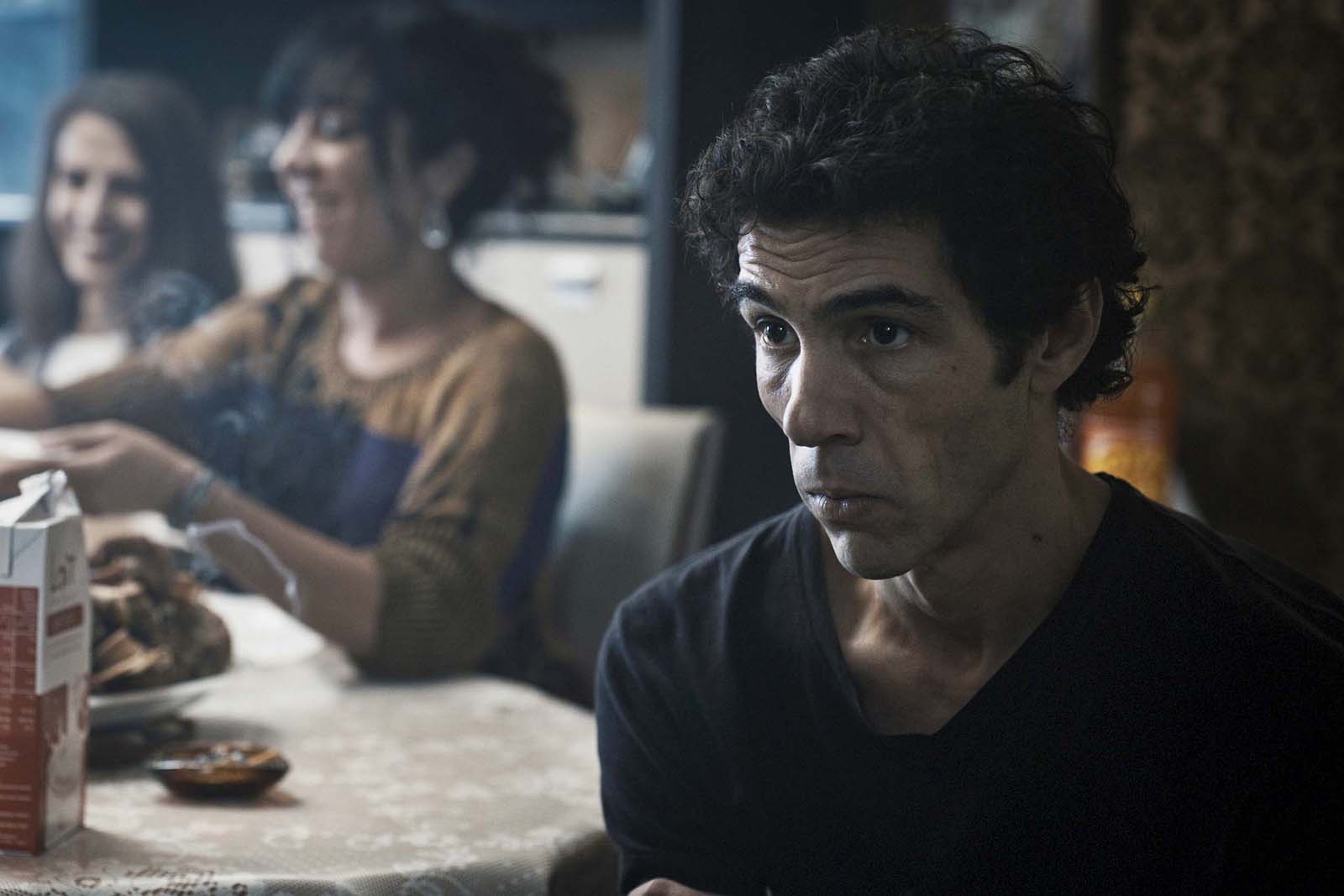
The emotional gravity shifts when Alpha’s uncle Amin returns from the city to the family’s coastal French village addicted to heroin and infected by the terrible disease. Amin is played by French-Alergian actor Tahar Rahim with extraordinary sensitivity, following on from previous roles where he excelled at portraying men in states of inner turmoil. In A Prophet (2009), The Past (2013) and The Mauritanian (2021), he demonstrated how ambition and despair can occupy the same body. In Alpha, Amin is caught in drug dependency, yet he remains alert to the people around him. He sees Alpha in ways that no one else has the time or clarity to do so.
Farahani’s character is no less powerful. She conveys a life of continuous caretaking that slowly chips away at her sense of self. Her performance holds back tears rather than expressing them, which makes the eventual cracks in her composure land with significant force. The actor has a rare ability to communicate interiority through stillness. Here, she gives the film its emotional centre of gravity.
Ducournau structures the narrative across two timelines. In one, Alpha is five. In the other, she is 13. Gradually, the timelines begin to reflect one another, showing that the past is not something these characters have moved beyond. The editing allows these echoes to accumulate slowly. The effect is devastating.
Alpha has proved polarising to critics since its Cannes debut, but in many respects, it is Ducournau’s most emotionally complex work to date. A story of illness, but also of inheritance, with Alpha seeing her potential paths ahead: becoming her beleaguered mother or damaged uncle, or a cruel amalgamation of the two. Most of all, it is a story of people who are trying, quietly and imperfectly, to stay human and hold each other together.
Alpha is in UK and Irish cinemas from 14 November
 Newsletter
Newsletter



